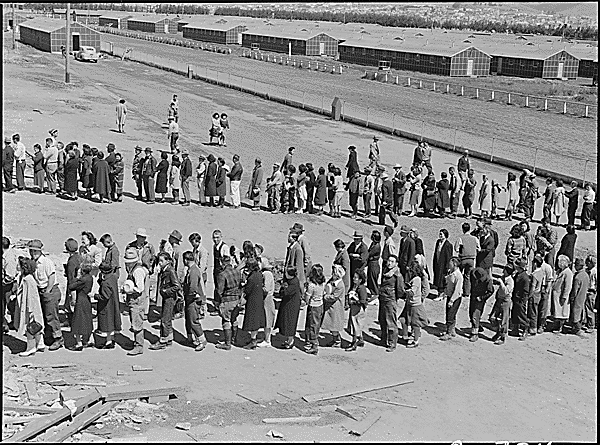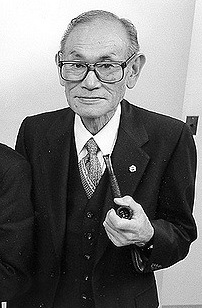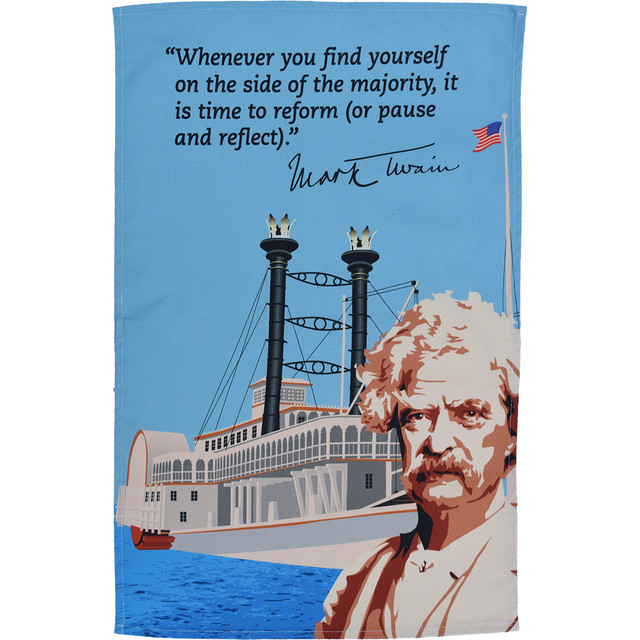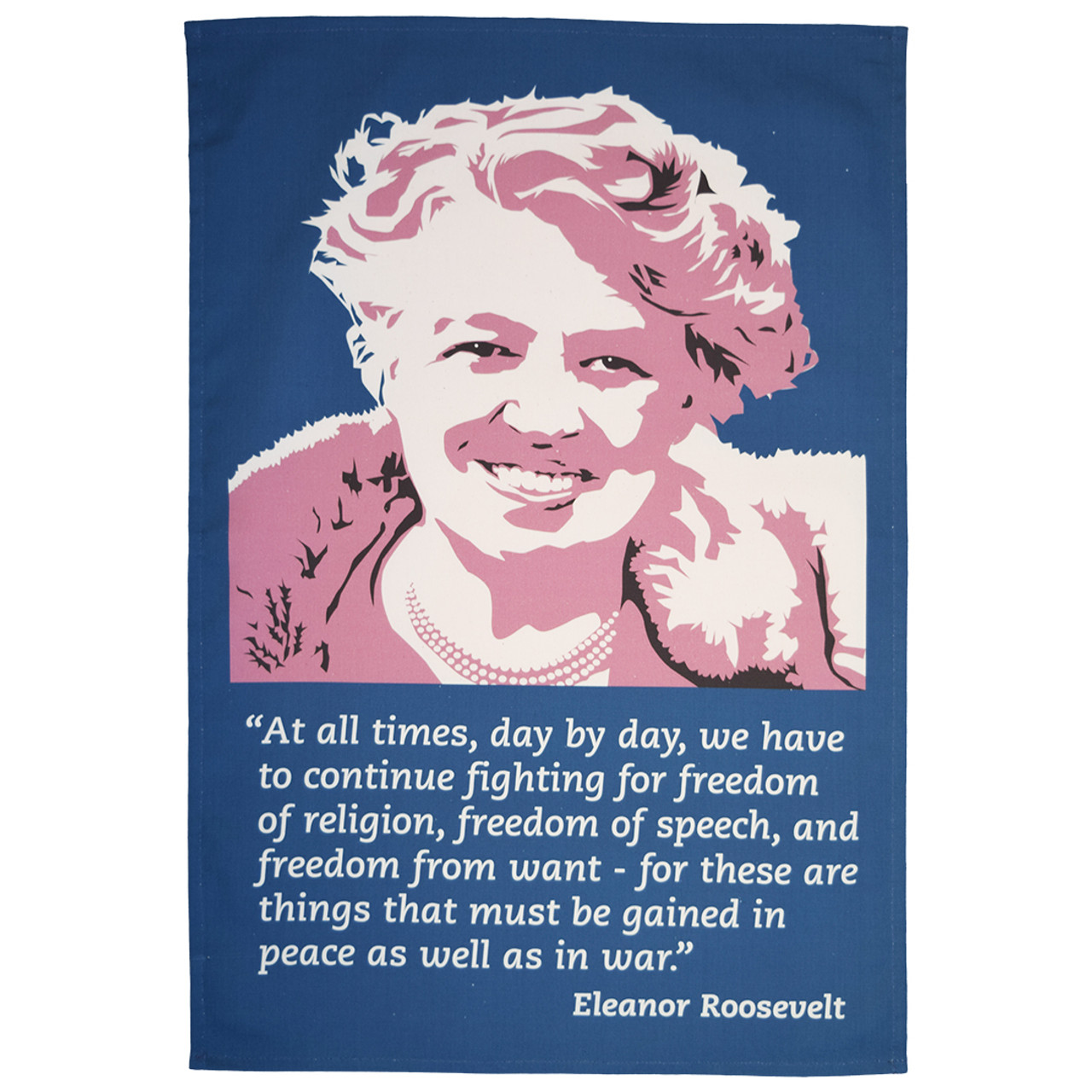The Man Who Stood Up To Japanese-American Internment
Posted by Pete on Jan 30th 2024
Born January 30th in 1919, Fred Korematsu took a stand against the internment of Japanese Americans during WWII

"I would like to see the government admit that they were wrong and do something about it so this will never happen again to any American citizen of any race, creed, or color." - Fred Korematsu
War tends to bring out the worst in government and society.
Politicians become more willing to endorse violence and injustice. Suddenly, inviolable rights and freedoms become conditional.
This goes for just wars as well as unjust ones, and for domestic policy as well as foreign policy.
In February 1942, U.S. President Franklin Delano Roosevelt issued Executive Order 9066, mandating the forced internment of Japanese Americans in glorified prison camps.
Founding Father Benjamin Franklin warned of the perils of sacrificing freedoms in the name of security
Two-thirds of them were U.S. citizens, born and raised in the United States of America.
While fighting a war against fascism abroad, Roosevelt was willing to institute a clearly racist policy against Japanese Americans at home.
Few Americans were brave enough to resist Roosevelt’s internment policy.
The enthusiasm for war against Japan since the attack on Pearl Harbour was intense, and frequently expressed in terms of anti-Asian racism.
Even among American progressives, it was rare to see people protest against internment. The leadership of the ACLU was silent.
But there was resistance among the unjustly interned themselves. Fred Toyosaburo Korematsu, born today in 1919, took the U.S. government all the way to the Supreme Court.
Sadly, few Americans heeded Mark Twain's principle of taking a stand against the majority, at least on the issue of Japanese-American internment
Korematsu was born and raised in California. His parents had immigrated from Japan in 1905 and ran a flower shop in Oakland.
Fred knew anti-Asian racism well.
Hostility to immigrants from Asia and their descendants had already poisoned American society by the end of the nineteenth century.
While growing up in Oakland, Fred Korematsu experienced it all the time. In one case, the parents of his Italian-American girlfriend abused him because of his race.
And things quickly got worse for Fred in the years before the U.S. entered WW2.
As the military and economy was mobilised for war, Japanese Americans were treated as suspect on racial grounds.
Fred Korematsu was drafted into the U.S. Navy but then rejected because of his Japanese parentage, and when he looked for work in the defence industry, to help the national war effort, he was repeatedly turned away.
After the Japanese attack on Pearl Harbour in December 1941, things became impossible. No one would hire Japanese-American citizens.
What’s more, the government was now coming for them.
On 3 May 1942, the U.S. Army commander for the West Coast ordered all Japanese Americans in the region to report for internment in unsanitary, military-run prison camps.
Many of these citizens, understandably fearful and eager to prove their loyalty by any means, complied.
But Fred Korematsu did not.

Fred Korematsu - who was presented with a Presidential Medal of Freedom in 1998
In response to the internment order, Fred went into hiding. He was caught and arrested on 30 May 1942.
Ernest Besig, a local ACLU lawyer, reached out to Fred.
Going against the orders of the ACLU hierarchy, who wanted to avoid antagonising the White House, Besig wanted to use Fred’s case to test the constitutional legality of internment.
Fred agreed.
By December 1944, after two years of imprisonment at the ‘Central Utah War Relocation Center,’ Fred’s case had reached the Supreme Court.
The Court decided – by 6 votes to 3 – that despite the dubious constitutionality of interning U.S. citizens on account of their race, the “emergency and peril” of a war situation justified Roosevelt’s action.
As usually happens, war got priority over law – and over justice.
If only President Franklin Delano Roosevelt had prioritised the wise sentiments of First Lady Eleanor
See the Eleanor Roosevelt Tea Towel
It wasn’t until 1976 that President Gerald Ford formally cancelled Executive Order 9066, and apologised for the internment of Japanese Americans.
Four years later, a government commission concluded that internment had been based on, “race prejudice, war hysteria, and a failure of political leadership.”
Soon afterward, it was uncovered that Roosevelt’s attorney general had covered up intelligence reports that Japanese Americans posed no security threat whatsoever.
On the basis of that revelation, Fred Korematsu’s 1942 conviction was vacated – in November 1983 – by a San Francisco court.
Korematsu testified at the trial that:
“If anyone should do any pardoning, I should be the one pardoning the government for what they did to the Japanese-American people.”
And Fred Korematsu recognised that the racist injustice done to Japanese-Americans by their own government could also be done to other citizens if people did not take a stand.
Until his death in March 2005, Fred agitated against the unlawful detainment of citizens and foreigners during the U.S. ‘War on Terror.’
“…full vindication for the Japanese-Americans will arrive only when we learn that, even in times of crisis, we must guard against prejudice and keep uppermost our commitment to law and justice.” - Fred Korematsu



